If you’ve ever walked by any abandoned lots in most any big city in the world, you know that plastic has a habit of piling up and causing all kinds of ugly problems. Well, it’s no different in Thailand and the biggest and most visible kid on the block in terms of where all this plastic comes from is the ubiquitous 7-11. Indeed, it’s one of the long-running jokes here that whenever you go into one to buy a few little things, you come out with two bags, four straws of varying sizes, a handful of little plastic spoons, a bunch of stickers and a receipt, all for something that you bought with pocket change. I thought, as a retailing behemoth, surely they’re aware of just how much they’re contributing – and more importantly for a big company, how much they could save if they weren’t handing out so much damn plastic. To find out, I called and called and called, and finally got through to their Corporate Communications Division.
I actually don’t think I’ve ever seen a more perfect definition of ‘conveneince store’ than what 7-11 is in Thailand. They’re so ubiquitous, in fact, that many have become the de-facto grocery stores for entire communities. You can buy frozen dinners, hot coffee, grilled cheese sandwiches, junk food, cooking ingredients, and even pay all your bills there, which is what I used to do before I got a credit card. There are so many of them that they also double as convenient air-con bubbles when you’re trying to avoid getting overly sweaty during a walk.
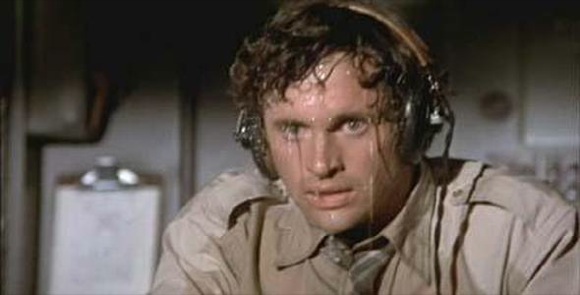
If only they’d had a 7-11 in the cockpit.
But, as Peter Parker’s Uncle Ben said, with great power comes great responsibility. By the end of the year, 7-11 will have close to 7,000 stores in Thailand, second only to the United States and Japan. In fact, according to an article in the Bangkok Post about their expansion efforts, Thais have the highest daily customer count – up to 1,200 – when compared to 1,000 in Japan 950 in the US and a measly 400 in South Korea. Now, my math has never been stellar, but 1,200 customers per day x 7,000 stores (okay, let’s say 1,000 x 6,500 as a rough average) is 6,500,000 visits per day. I’m not a hardcore hipy-dippy environmentalist, but that’s a lot of plastic being given away that will probably just go in the trash.
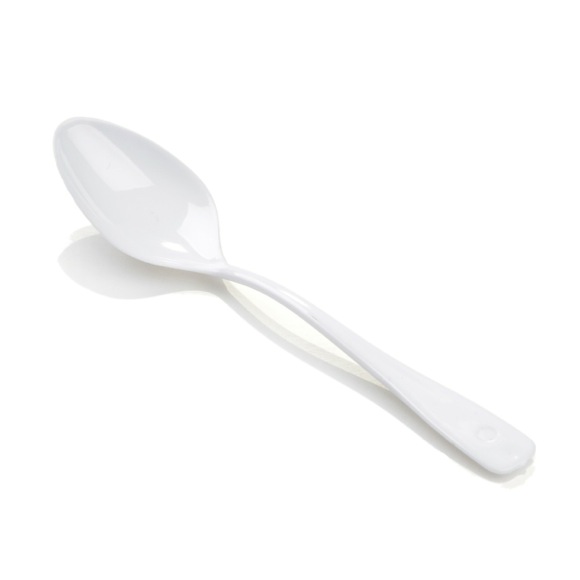
You little bastard.
Okay, you may say, maybe you use plastic bags for garbage bags (like I often do) or the tiny Hobbit-sized spoons for…something, but I one thing I think that no one needs is a receipt for every…little…purchase. I mean, maybe some Thais demand it, but everytime I spend 15 baht and get a receipt, all I can think about is a quote by comedian Mitch Hedburg:
I bought a doughnut and they gave me a receipt for the donut. I don’t need a receipt for the doughnut. I give you money and you give me a doughnut, end of transaction. We don’t need to bring ink and paper into this. I can’t imagine a scenario that I would have to prove that I bought a doughnut. To some skeptical friend: “Don’t even act like I didn’t get that doughnut, I’ve got the documents right here. It’s in my file at home…under D…for doughnut…”
Anyway, I finally got in touch with a very nice guy named Samraj Zeepongsekul, who works in the Corporate Communications Department for CP ALL, 7-11’s corporate overlord (check out their Facebook page here). He notes that 7-11 is very aware of their plastic problem, but it’s not as easy as just deciding not to use plastic. They also have several initiatives in play to help raise awareness, such as their Go Green plan, where employees wear green and post signage alerting people to the plastic problem. But at the end of the day, I guess the best thing to do is learn the words for spoon, straw and bag (shon, lawt, toong) and just say you don’t want them (mai ow ____).
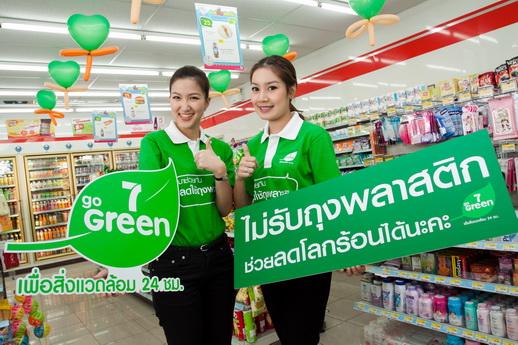
At any rate, my conversation with Khun Samraj is below, where he explains a bit more about the thought process and CP ALL’s commitment to reducing plastic. Sorry for the middling quality – recorded on Skype and, well, this is Thailand.


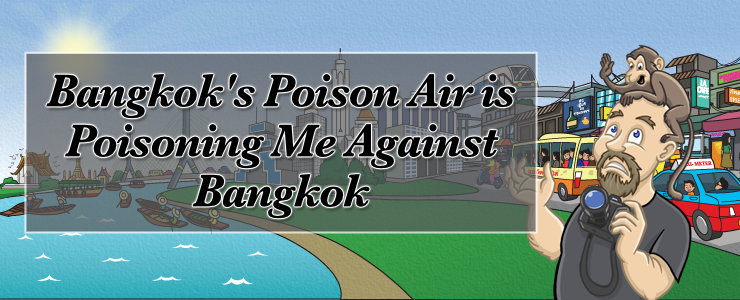
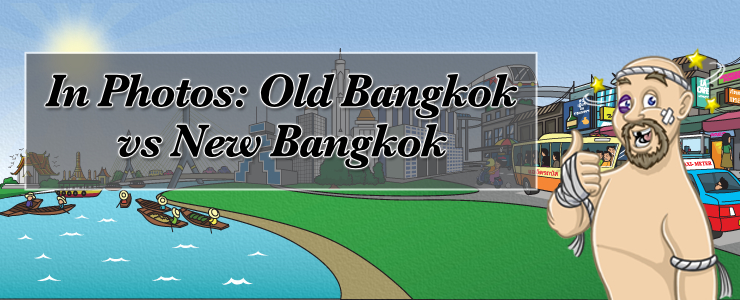
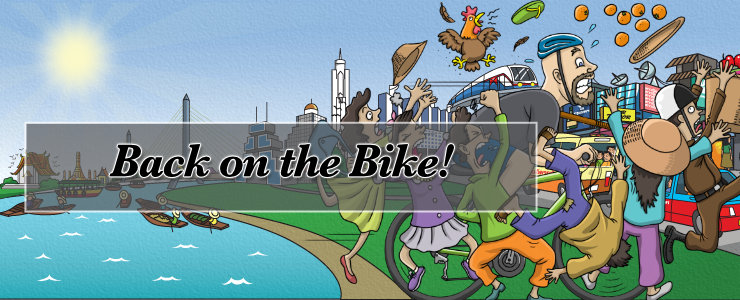
Interesting Fact: In Japan, many of the signs outside the stores say "7 and i Holdings". As in, "I'm out of chips! Oh well, I'll just grab a bag from the 7 and i Holdings".
I've been offered a bag for a phone card! I always admonish the gf when she accepts a spoon that she knows she will never use and now she refuses them when they stuff the bag with more plastic. Will re-post this article.
This plastic mania at 7/11 also drives me nuts for years, not to say decades. I mostly refuse the bags, but after every "mai ao thung khrab" it looks like I create a little "syntax error" in the programming of the staff behind the counter. Maybe they even think that I am a weirdo (I am not a farang after all).
Now they have a no-plastic-bag policy displayed at the counter, but that hasn't changed the situation, because a) the 7/11 robots are still programmed to hand out the bags and b) no Thai has ever entered a 7/11 equipped with a hessian bag.